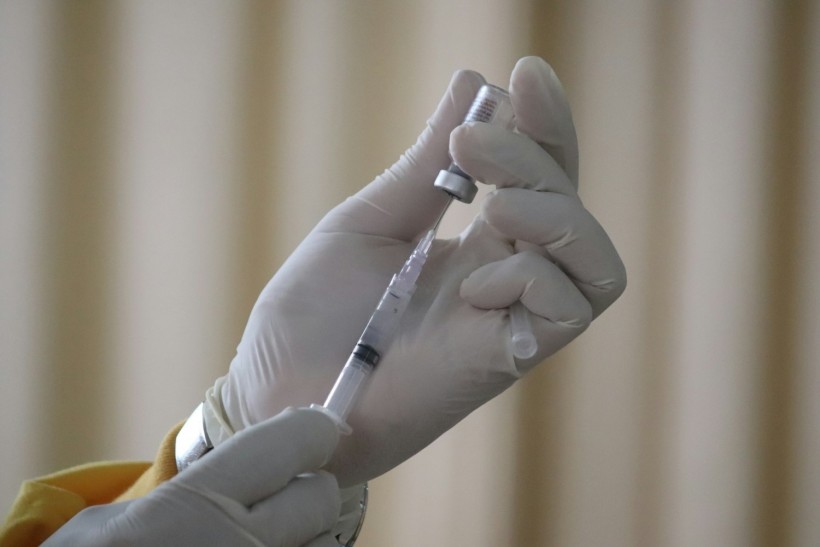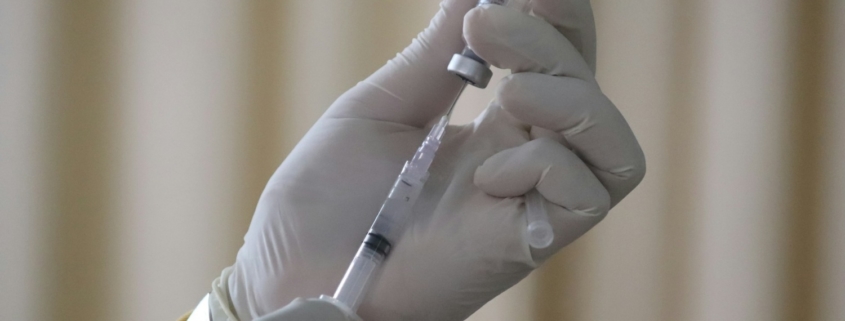Unjected Data Breach: Security Lapse Exposes Thousands of User Accounts
Unjected, the controversial anti-vaccine dating platform, faces another bout of scrutiny as a recent security breach exposes the private data of over 35,000 users.
The latest security problem, discovered by security researcher GeopJr, tackles alarming vulnerabilities within the platform’s infrastructure. It could compromise user privacy and safety.
Unjected Hit by a Glitch

(Photo : Mufid Majnun from Unsplash)
Unjected, a popular website that promotes anti-vaccine campaigns is now under attack by a glitch. The latest security issue exposes confidential information of some users.
GeopJr’s investigation reveals critical flaws in Unjected’s security measures, allowing unauthorized access to sensitive user information. The breach exposes personal details, including full names, birthdates, email addresses, and location data of thousands of users. Moreover, authentication issues enable malicious actors to manipulate user profiles and access private messages exchanged on the platform.
Related Article: Issue-Plagued AirPower Charges Apple Watch For the First Time: Is this an Upgraded Prototype?
History of Security Concerns
This isn’t the first time Unjected has faced security-related controversies. In July 2022, GeopJr uncovered an open administrator dashboard, granting unauthorized access to crucial site functionalities. Despite attempts to rectify the issue, subsequent glitches and outages persisted, raising concerns among users regarding data protection.
Persistent Security Lapses
Despite being alerted to the security vulnerabilities by GeopJr and the Daily Dot, Unjected has failed to address the issues adequately. Efforts to patch the leak inadvertently exacerbated the situation, introducing additional vulnerabilities, including unauthorized account deactivation.
User Concerns and Insecurity
The breach has left users apprehensive about their privacy and safety on the platform. Direct messages reveal widespread distrust and unease among users regarding Unjected’s security practices. Concerns range from potential government surveillance to fears of hacking and data exploitation.
Response and Lack of Transparency




